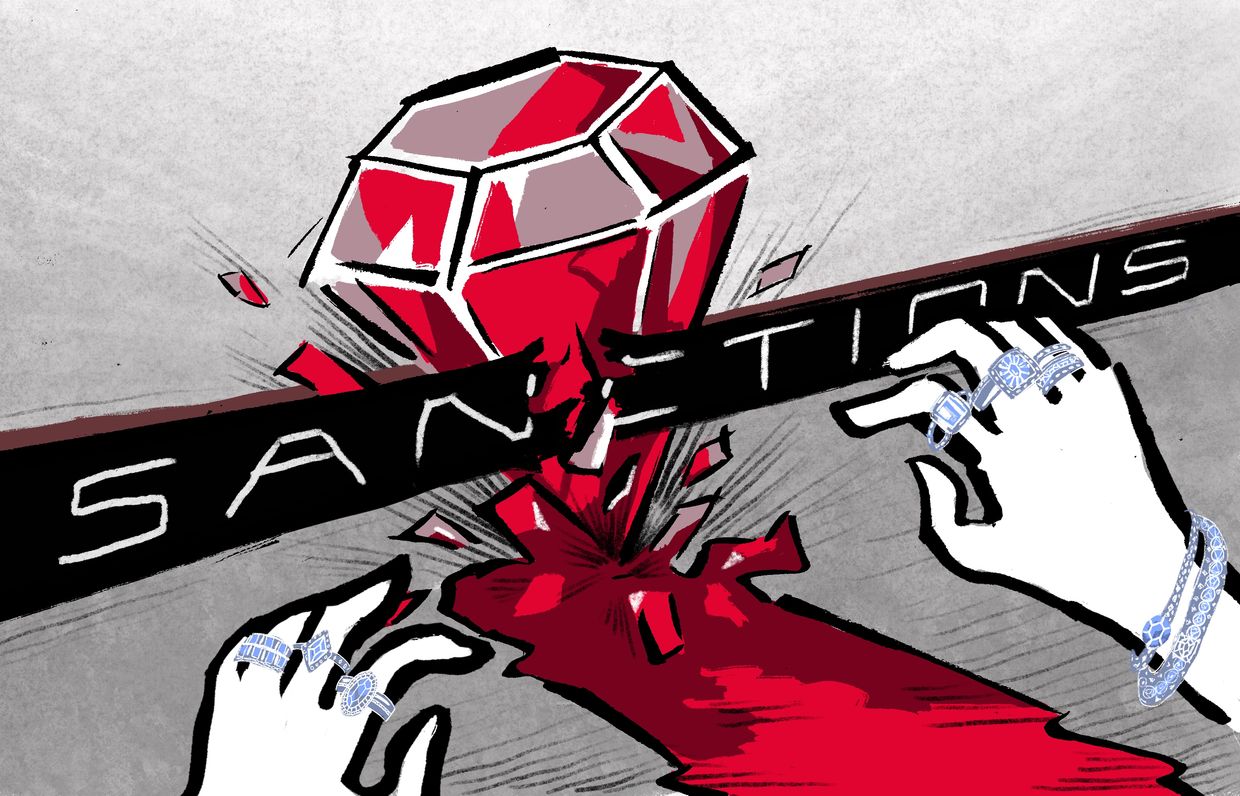Estonian government approves transfer of frozen Russian assets to Ukraine

The Estonian government has approved a draft law that, if passed by parliament, will allow frozen Russian assets to be transferred to Ukraine, Prime Minister Kaja Kallas announced on Oct. 12.
"The money to compensate for the damages caused by Russia in Ukraine should not come only from the taxpayers of other countries," Estonian Foreign Minister Margus Tsahkna said.
The bill intends for assets frozen in Estonia to be used to compensate for war damages, Kallas said, adding that the country "must be an example and an encouragement" to others in establishing similar regulations.
"Russia must compensate Ukraine for all the war damages caused," Kallas said.
Tsahkna said that he hopes that the law will influence Russia to follow international law, as the bill entails that the assets "will remain frozen until the war damages are compensated."
"Applying punishment to every single person who contributes to aggression can ultimately influence the political leadership or people of the aggressor country," the foreign minister said.
The Estonian government estimates that assets worth around 38 million euros ($40 million) have been frozen in the country following international sanctions on Russia.
The news from Estonia comes the day after Belgium announced it has created a 1.7 billion euro ($1.8 billion) fund for Ukraine financed by the tax revenue from interest on frozen Russian assets.
Banks in Belgium who hold frozen assets must pay income tax on the interest they earn, which goes directly to the national government.
"The taxation of income from these assets should go 100% to the benefit of the population of Ukraine," Belgian Prime Minister Alexander de Croo said on Oct. 11 in Brussels.
Belgium holds about 180 billion euros ($191 billion) in frozen Russian assets, de Croo said in May.











